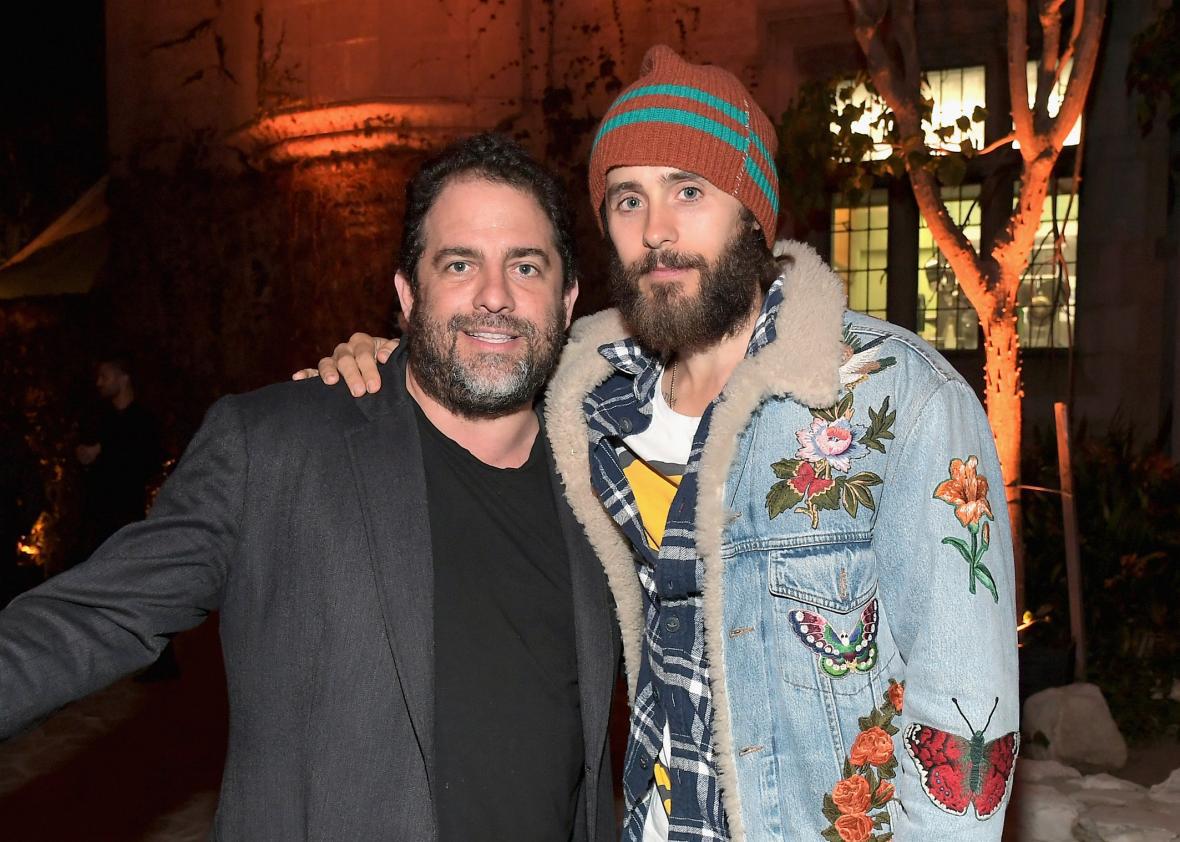Playboy Enterprises has put all of its projects with Brett Ratner’s production company on hold in light of sexual harassment allegations against the director-producer, according to the Wrap.
A Playboy spokesperson issued a statement: “We are deeply troubled to learn about the accusations against Brett Ratner. We find this kind of behavior completely unacceptable. We are putting all further development of our projects with RatPac Entertainment on hold until we are able to review the situation further.”
In a Los Angeles Times story on Wednesday, six women accused Ratner of misconduct ranging from unwanted sexual advances to sexual assault. Ratner’s attorney “categorially” disputed the women’s accounts to the Times.
One of the projects with Playboy Enterprises was a Ratner-directed biopic about Playboy founder Hugh Hefner, who died in September; Hollywood trade papers reported earlier this month that Jared Leto was attached to star as Hefner, but Leto’s representatives said today he never intended to play the role, “nor will he be working with [Ratner] in the future.”
Ratner has been planning the biopic since at least 2007 and owns the rights to Hefner’s life. He is also developing a reboot of Hefner’s late 1960s show Playboy After Dark.
In a guest column for the Hollywood Reporter shortly after Hefner’s death, Ratner remembered him as a “friend.” He wrote:
I admired him differently at different times. When I was a kid, he was the embodiment of everything I wanted but seemed hopelessly out of reach: beautiful women, a kingly mansion, a bunny-emblazoned DC-9. He smoked a pipe and wore pajamas, both day and night. So did my uncle Mario, but he was a doctor and unfortunately wasn’t dating Barbie Benton.
Hefner, of course, had his own complicated relationship with women, and his death at age 91 sparked debate about whether he should be remembered as a hero of female sexual liberation or as someone who built a career from objectifying and exploiting women.
